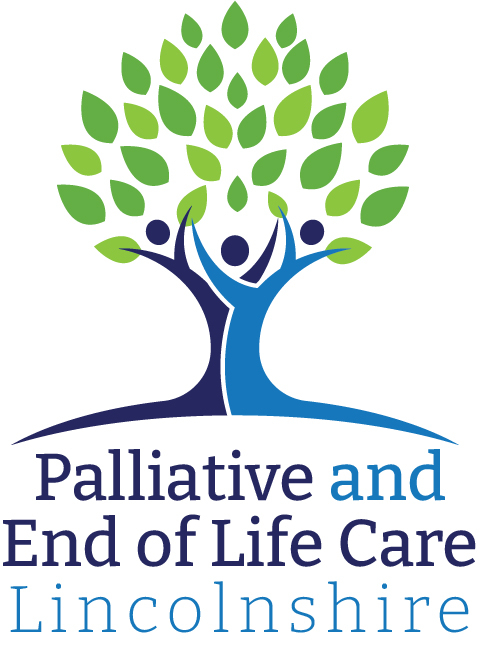
Service categories
Last weeks / days of life Symptom Management Childrens Palliative CareBritish Thoracic Society (BTS) guidelines for oxygen use in adults
CD1 Direction to Administer Drugs for Symptom Management sample form
For Health Care Professionals this is a sample of the form used as Direction to Administer medications for Symptom management.
Symptom Management Presentation
Symptom Management in Adults Palliative and End of Life Care and CD1 form - 2025 changes and updates
Lincolnshire Guidelines: Symptom Management in Adult Palliative and End of Life Care
A guide to symptom management that complements the anticipatory prescribing resources.
Last updated: April 2024 v12.1
Use of Alfentanil in Renal Failure in Palliative Care in Lincolnshire
This information sheet is intended as a resource for staff in Lincolnshire looking after palliative care patients who have been prescribed alfentanil for pain relief. It is not a clinical guideline.
Anticipatory Prescribing - NICE Evidence
A link to the evidence for the benefits of anticipatory prescribing
The Lincolnshire Policy for Informal Carers Administration of As Required Subcutaneous Injections in Community Palliative Care
Palliative Care Adult Network Guidelines
This website is designed for healthcare professionals. The information on the website is not meant to replace the advice of a health professional.
The site aims to offer up-to-date, evidence based information and guidance on professional aspects of palliative care. The information contained is designed to complement, not replace, the relationship between a patient and his/her own physician.
Whilst much of the material will be universal, the website is based in the Wales, UK (United Kingdom) and may not reflect legal or other restrictions on practice in other countries.
